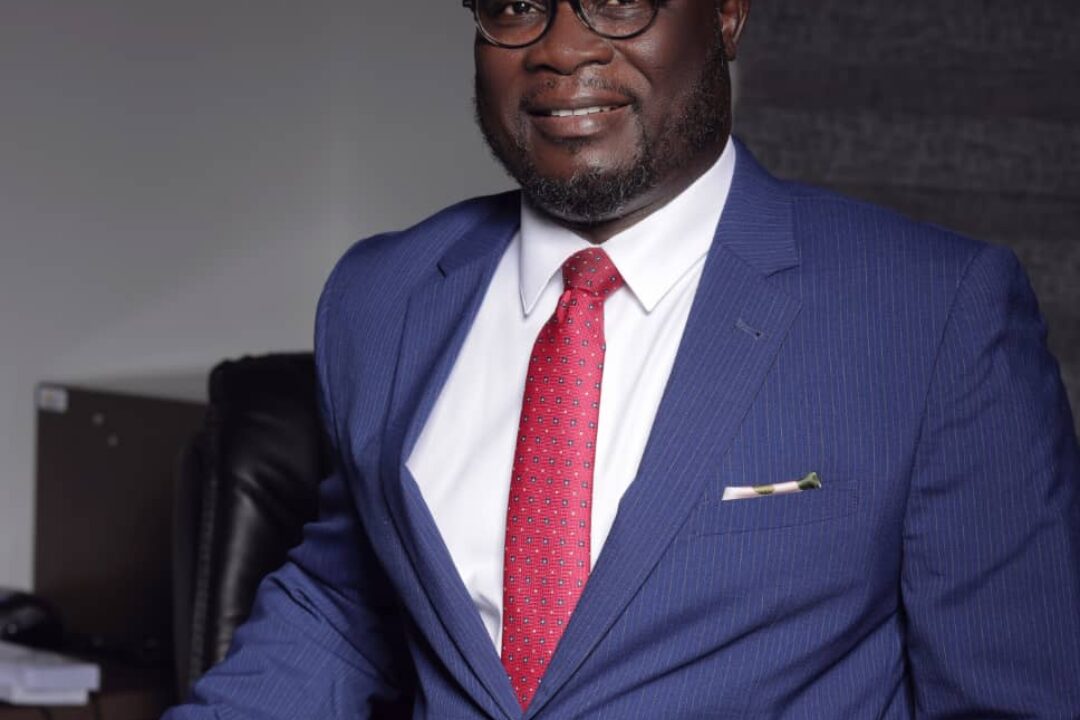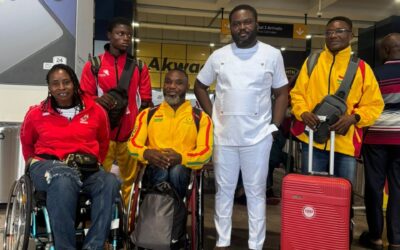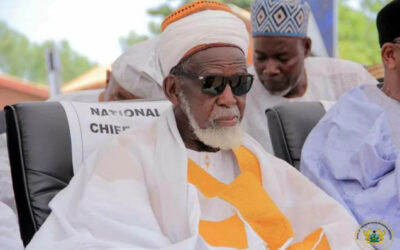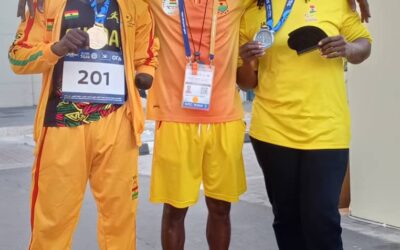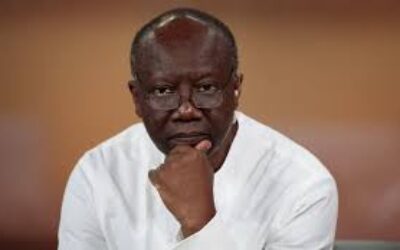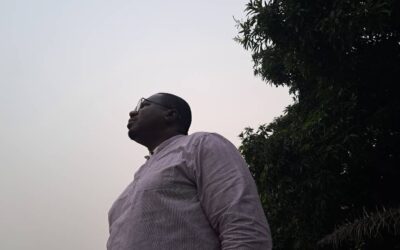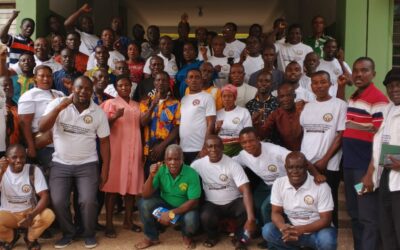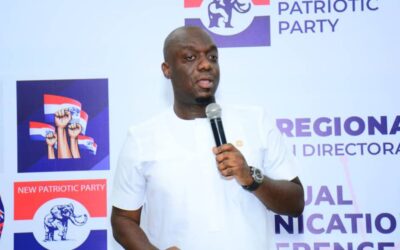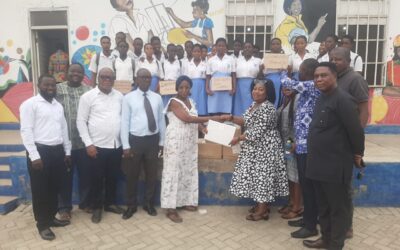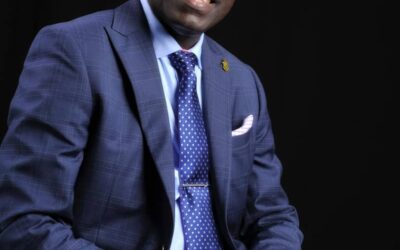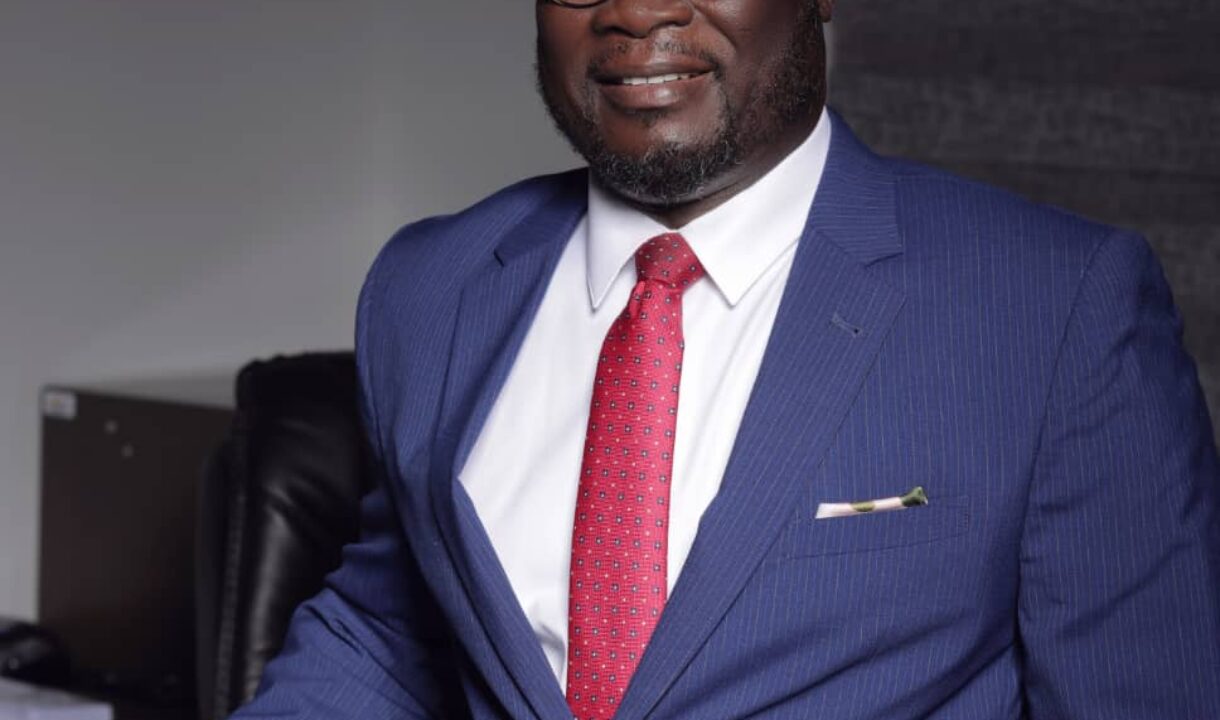By Kwaku Amoh-Darteh, Esq.
May 7, 2025
In the heart of the Earth’s embrace, where ancient wisdom converges with untold potential, there lies a country that some might overlook—and yet, one that holds in its soil, air, and soul, the very answers to its own future. Ghana.
To the untrained eye, it may seem like another African country; to the discerning visionaries, however, it is a treasure chest, long ignored. And there stands a man—Kennedy Ohene Agyapong—whose entire being vibrates with the undeniable truth: Ghana is not poor. It is simply waiting to awaken. Waiting for those who dare to see its riches and its promise not as a question, but as an answer.


Kwaku Amoh-Darteh, Esq. Mr.Kennedy Ohene Agyapong


Like the Western Apache elders in Keith Basso’s Wisdom Sits in Places, Agyapong sees that wisdom is not abstract; it sits in the land, in the people, in every corner of the earth beneath his feet. Cocoa, cashew, sugarcane, cassava, rice, and palm nut—these aren’t just crops. They are potential. They are power. They are what Ghana holds within itself, what could catapult the country into the future.
But this is not just about planting seeds. This is about reimagining them. The true genius of Ken Agyapong’s vision lies in his understanding that value addition—transforming raw material into finished goods—will be the beating heart of Ghana’s economic renaissance. He doesn’t just want cocoa beans exported—he wants chocolate bars, he wants oils, he wants products that carry Ghanaian pride and prosperity from the soil to the shelves of the world.
But there’s more. Much more.
What if I told you that Ghana—this nation sitting on the edge of the Gulf of Guinea—is the closest landmass to the very center of the Earth? A place so powerful that the Prime Meridian passes through its shores in Tema. Did you know that Ghana is located a mere five degrees north of the Equator? A geographical advantage so profound, it could easily elevate Ghana from a developing country to a globally recognized hub of tourism, science, and innovation.

Ken Agyapong’s vision takes us here: “If Mount Everest can draw adventurers from across the world, why can’t the center of the Earth draw thinkers, dreamers, and travelers?” Imagine it—a monument in Tema, marking the convergence of the globe’s invisible lines, standing as a testament not only to Ghana’s geographical importance but as a place of global pilgrimage, a beacon of discovery.
This is not some fleeting fantasy. This is a call to action—a reminder that Ghana’s potential isn’t something hidden far away. It is here, nestled in the geography and in the cultural heartbeat of the nation. Ken Agyapong’s focus isn’t just on the future; it’s on rediscovering and reclaiming what was always here, waiting to be recognized.
Yet, as Basso understood, wisdom does not merely sit in the land—it lives in the people. In the very hearts of Ghanaians, who have, for generations, endured and persevered through adversity. Ken Agyapong calls upon this spirit—the spirit of self-reliance, the spirit of innovation, and the spirit of pride. He asks the youth to return to the soil, not in defeat, but as creators of their own opportunities. To him, the true measure of patriotism isn’t just waving a flag; it is about transforming that land into a place where dreams are not only imagined but realized.
Through his ventures—business, education, and philanthropy—Ken Agyapong is proving this vision. He has never merely spoken of what Ghana can be—he has acted. He has built schools, created jobs, and invested in a future that places the power firmly in the hands of Ghanaians.
And so, it is with boldness and clarity that he says: the wisdom that guides us is not found in far-off places. It is found in us, in our will to act, to believe, to build. It sits in the people, in their resilience, in their ability to see beyond the immediate and into the long-term horizon.
In Ken Agyapong, Ghana has a leader who doesn’t just look at what is, but sees what could be. He doesn’t just hear the call of the future—he answers it, with every step he takes.
The question now is: are we ready to listen to the land, to the wisdom sitting in the people, to the promise of tomorrow?
Because when all is said and done, the greatest wisdom isn’t knowing what is already in front of us—it’s understanding the potential that lies waiting to be claimed.
And for Ghana, that moment is now.


